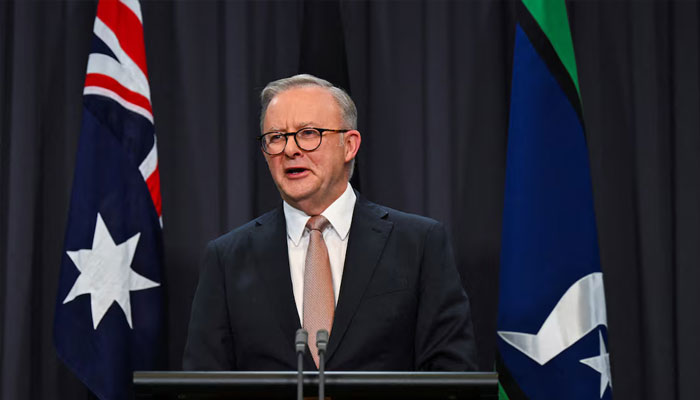In a move that’s being widely debated, the Australian government has revealed plans to prohibit children under 16 years of age from using social media platforms like Instagram and Facebook. It’s aiming to put into effect the laws for the ban and other restricting measures by late next year.
According to Prime Minister Anthony Albanese, such rules are necessary to protect children from the harmful effects of social media. It negatively impacts the physical, emotional and psychological well-being of kids in their adolescent years – a crucial developmental phase for them. Body image issues, reduced self-esteem, misogynist content and cyber-bullying are some rampant concerns that the legislation seeks to resolve.
Which All Platforms Will Fall Under The Legal Axe?
As per Communications Minister Michelle Rowland, Meta Platforms’ Instagram and Facebook, Bytedance’s TikTok, and Elon Musk’s X are in line to face the restrictions. Alphabet’s YouTube can also fall under the laws’ purview. Additionally, the onus will be solely placed on the “social media platforms to demonstrate they are taking reasonable steps to prevent access,” according to Albanese.
How Will Australia Execute This Big Technical Task?
The country is envisioning to implement one of the toughest policy measures, that also includes setting the highest age limit at 16 for restricting underage users. For this, it’s running trials for age-verification methods such as biometrics or government identification. Users who already have active accounts won’t be spared too. Further, the laws will not exempt any children through parental consent to gain access to platforms.

Is It The Right Solution? The Internet Is Split.
While there are visible merits to such measures, limitations follow behind that can be worrying too. Some think that with the way latest technology is, kids will find ways to digitally break through such bans. They might also wander off into more unmonitored, dark corners of the web that can invite serious trouble for them. Hence, people and experts are instead suggesting an emphasis on spreading digital literacy, informing children about their general online rights and safeguards for them, and creating age-appropriate spaces for them.
Can India Attempt To Implement Such Ideas Too?
Many countries have plans in the pipeline to limit children from accessing social media. Last year, France proposed such a ban for under-15 children. The users however successfully circumvented it using parental consent. When it comes to India, its key demographic factors can come in the way of safeguarding the impressionable users.

It’s the second-most populous country in the world, with a gigantic chunk claimed by young citizens. Such a task will need extremely expansive and expensive sophisticated tools that can keep a tab on all their online activity. Additionally, a lot of parents in the Indian society aren’t digitally literate – hence, any provisions involving their consent won’t work well. Hence, implementation will be a serious nightmare for the Indian government.
Here’s the take of some netizens over the possible idea:
Social media has many benefits to provide, which also come hand in hand with a bunch of challenges. Executing a ban on its use will be nearly impossible, but what the authorities can strive for, are regulating online content more strictly, increasing cyber vigilance to keep young users protected, and spreading digital literacy.

















